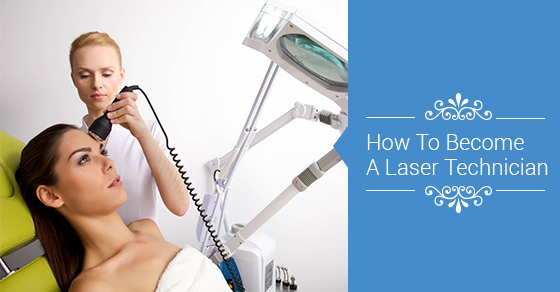The use of laser technology is growing rapidly, spreading into various areas of cosmetics, ophthalmology, and even dentist offices. As a result, laser technicians are more in demand than ever. Whether you are hoping to get into a medical field, or already in a medical field and hoping to increase your earnings, it will be more than worth your time to become certified as a laser technician.
1.Education
Laser technicians need to understand optics, heat dispersal, and the chemical and biological effects of lasers. These can be taught in about one year of fulltime, or two years of part-time study. Vocational schools offer certificate programs that cover all needed skills, including practical experience.
You can also learn all the skills by taking a four-year degree in optical engineering. However, this is probably going to be more useful if you plan to enter medical manufacturing. For the purpose of working as a technician, a certificate program is a more efficient use of your time.
2.Choosing a Specialty
Although most laser skills are transferable, it helps to choose a specialization early in order to pick the best practical work assignments. Possible areas of specialization include:
- Photosensitization: used to prepare certain drugs and chemicals, usually in a laboratory setting
- Deep thermal heating: used to tighten collagen bonds and reduce scarring, often in more major facial rejuvenation treatments
- Bio pigmentation removal: used to remove acne, spider veins, and lesions
- Laser hair removal: destroys hair follicles
- Laser tattoo removal: breaks down tattoo ink
- Laser eye surgery: used to sculpt the eye lens
- Laser periodontal treatment: used to remove areas of decay from the teeth
Of the specializations, laser eye surgery and periodontal treatment are the most complicated and difficult, but also the highest-paying.
3.Skills and Abilities
Class work will get you up to speed on managing the effects of lasers, in theory. However, there are still some basic physical skills you will need to wield a laser in practice. These include:
- Manual dexterity
- Good eyesight (able to function at 20/20 with glasses)
- Understanding of basic hand tools, for repairing laser equipment
- Interpersonal skills
3.Accreditation
You do not need a license to operate a medical laser in Canada. That said, clinics will prefer you maintain membership in good standing with at least one professional organization. A good first option, before you begin working, is to challenge the exam offered by the Canadian Organization of Professional Electrologists, which will allow you to add Registered Dermal Technician to your résumé.
No matter which associations or credentials you want, a laser technician certificate program is the first step to getting them.


